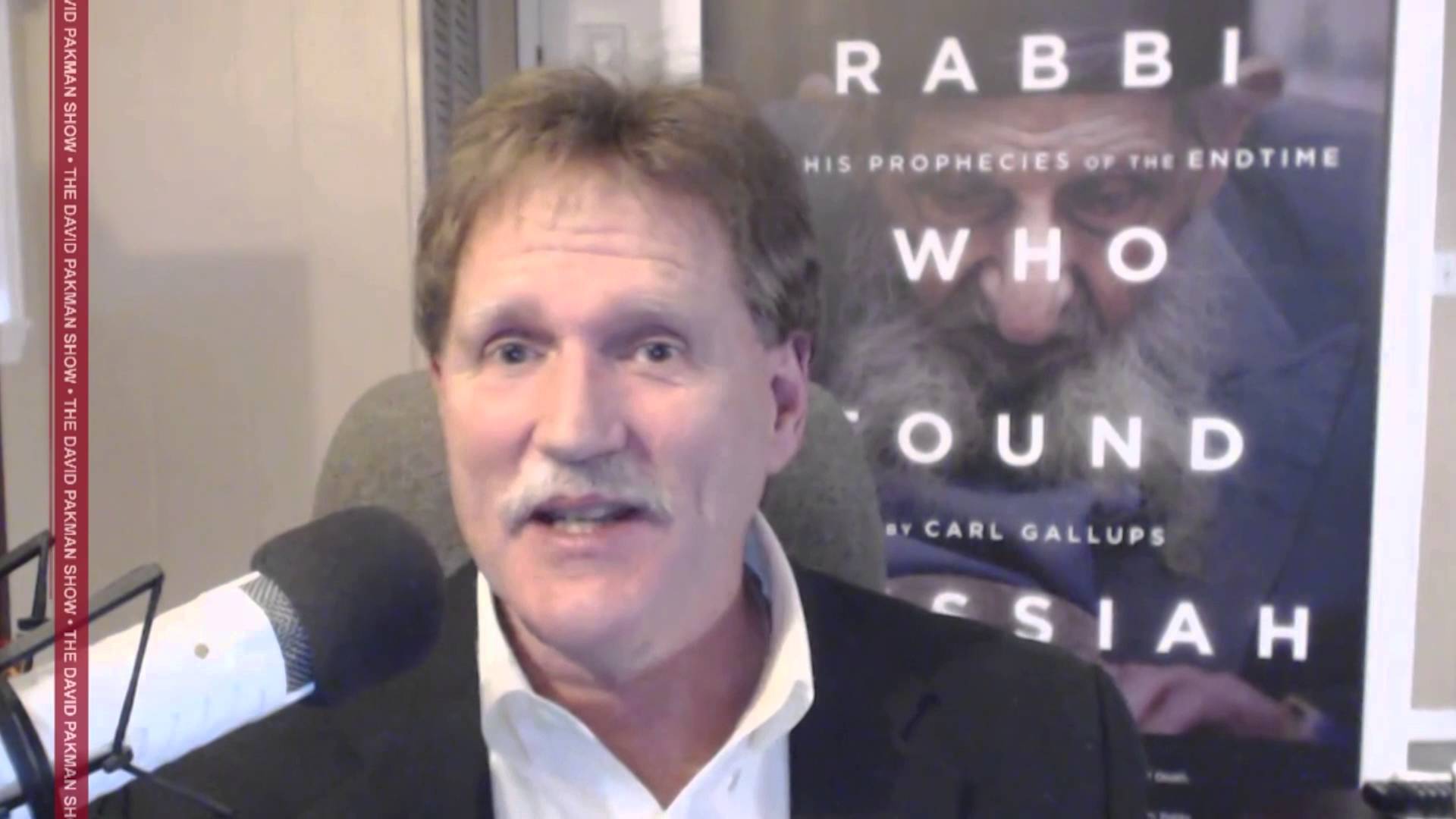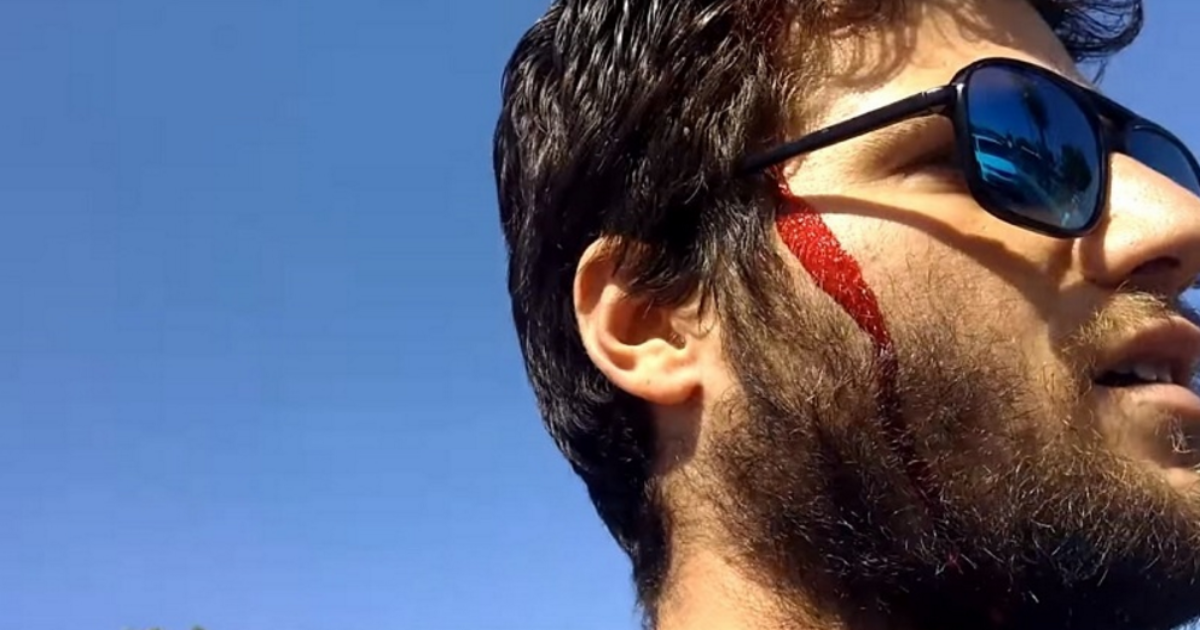According to psychologist and family therapist Dr. Marilyn Winell, religion – at least that of the fundamentalist Christian variety – is often a tool for control and domination. Several years ago, Dr. Winell identified a psychological disorder she has labeled “Religious Trauma Syndrome,” or RTS.
Many over the centuries have recognized that religious dogma, with its threats of hell and insistence that we are “unworthy” in the eyes of a stern, patriarchal father-figure (not a mother), can be misused to force obedience and conformity. According to an article by Dr. Valerie Tarico, herself an ex-evangelical Christian who interviewed Dr. Winell for Raw Story, this Inquisition-like control over the faithful has even been taken to a whole new, high-tech, Orwellian level.
In other times and places, anyone daring to acknowledge this and/or attempt to escape ran the risk of being burned at the stake. Today’s modern version – shaming, isolation, warnings of eternal damnation and even physical abuse – can be just as devastating to the psyche.
It’s something of which Dr. Winell has first-hand experience. The daughter of overseas missionaries, Winell was raised in a fear-based, fundamentalist form of Christianity. Like those she now counsels, Dr. Winell struggled to break free of that environment. Her book, Leaving The Fold, was first published in the early 1990s. That book has earned Dr. Winell excellent reviews and has helped thousands to escape toxic situations driven by religious dogma.
According to Dr. Winell, fundamentalist religion starts by robbing people of their power. Bible passages such as “lean not unto thine own understanding” (Proverbs 3:5-6) and hymns with lyrics like “trust and obey, there’s no other way” (John Sammis, 1887) are messages drilled into the brain. Often, this is done at an early age, when children are most impressionable and have not yet developed the cognitive ability to challenge such indoctrination. In short order, a person’s entire self-concept, his/her community and very reason for existence becomes inextricably tied to that belief system. Breaking out and attempting to leave the environment means losing it all – and the ever-present threat of spending eternity in a fiery inferno continues to hang over one’s head.
Nowadays, even church organizations that aren’t quite as rabidly fundamentalist use subtle suggestions to sow seeds of doubt and fear. They’re using memes such as “What if it’s true? [And do you want to take that chance?]” Or, “If I’m wrong [about God and my religion], I’ve wasted my life – if you’re wrong, you’ve wasted an eternity.”
Dr. Winell, whose work is attracting increasing attention, is winning respect and admiration, especially among those she has helped to escape these abusive relationships with God – or at least from those who claim to be his proxies. Not surprisingly, she also has a few detractors among members of the Christian community. A few hundred years ago, Dr. Winell would have been labeled a heretic and imprisoned or put to death. Today, all the churches can do is attempt to dismiss her as a “niche” pop-psychologist and warn their congregations of how “Satan” is working through Dr. Winell to “deceive” the faithful.



